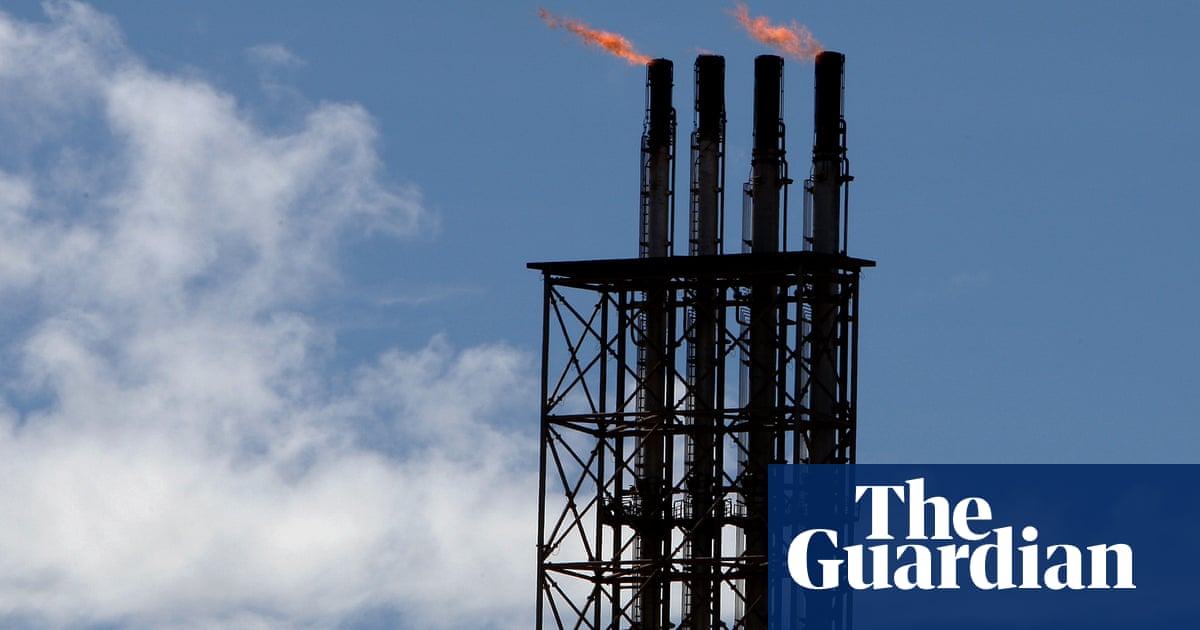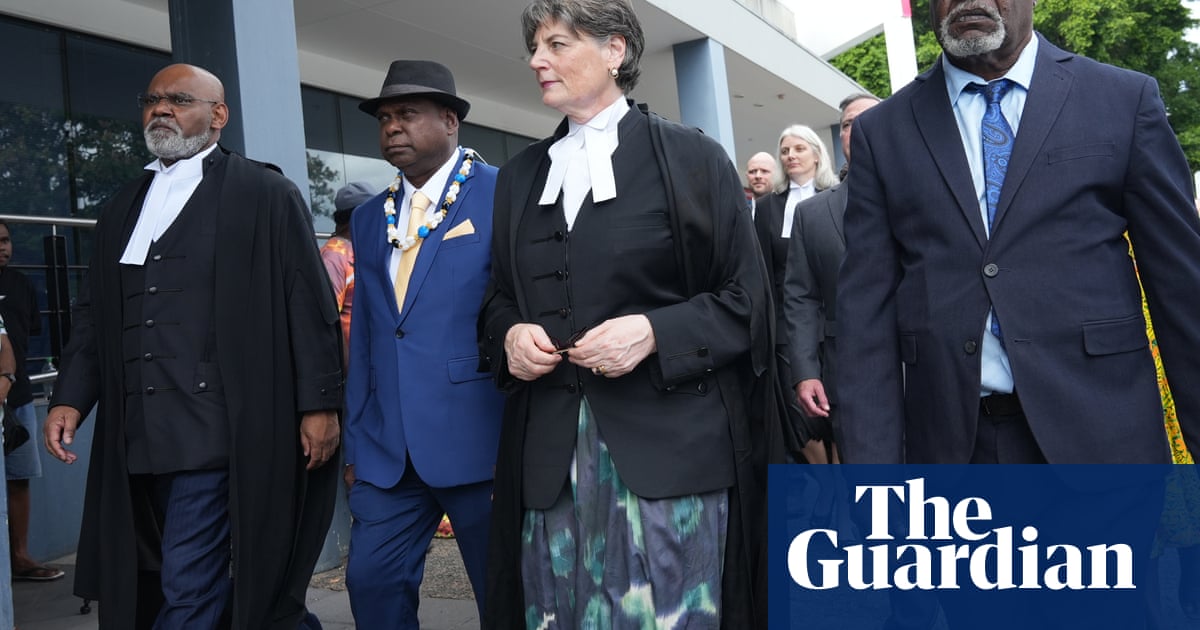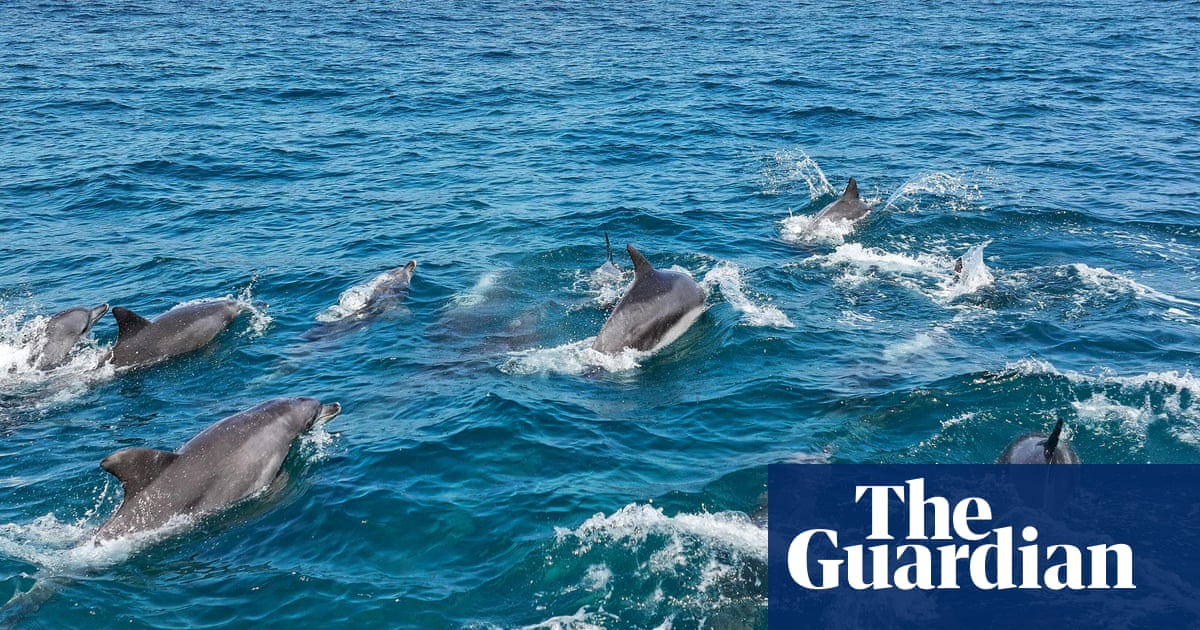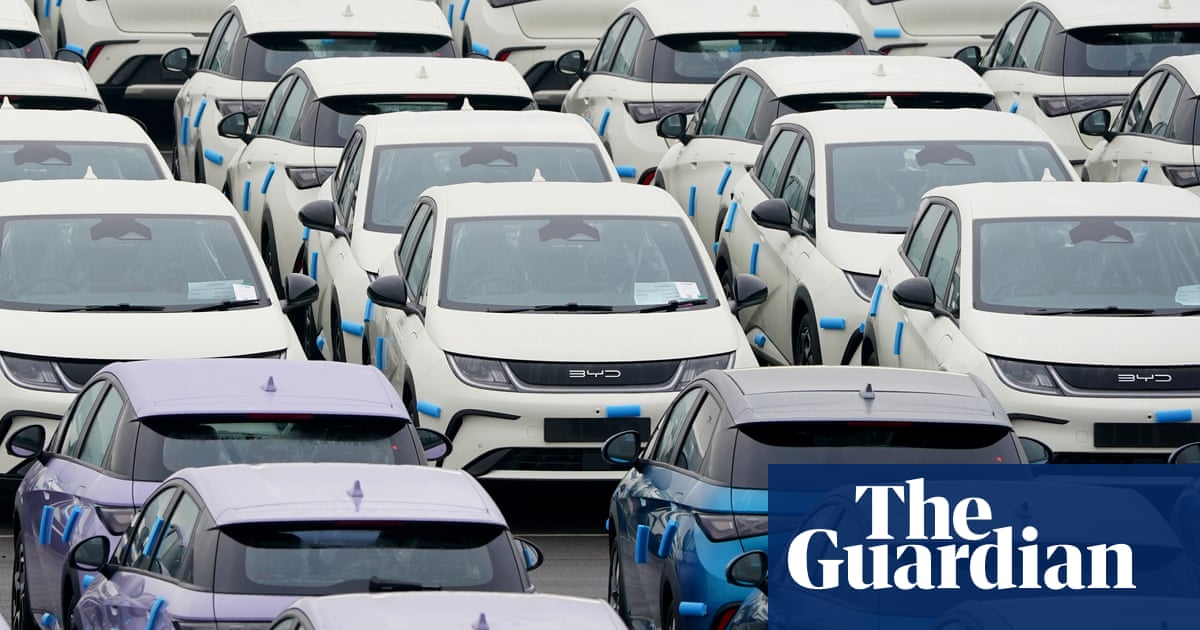Gas producers question whether Coalition’s energy plan will cut consumer prices | Energy

Gas industry leaders have expressed confusion and concern about a Coalition plan to force them to sell more of the fossil fuel in Australia and cast doubt over whether Peter Dutton’s target to cut gas prices can be delivered.
Speaking at an Australian Domestic Gas Outlook conference in Sydney, several executives argued the policy to create what the opposition leader called an “east coast gas reservation policy” could exacerbate future gas supply issues in southern states.
Dutton has said he would require east coast gas exporters to add 10% to 20% to available gas supply for Australian homes and businesses, and that it could lead to wholesale gas prices falling from $14 to $10 a gigajoule before the end of the year. The Coalition has not explained how the policy would work, but has promised to release modelling to back up the claims.
Squadron’s executive general manager of operations, Stuart Davis, told the conference it was a “good question” if his company would survive if wholesale prices fell to $10 a gigajoule.
“That was a comment from a political party that’s not in power and there’s no policy to back that up yet,” he said. “I think $10 gas would be a challenge for many in this room to foresee happening.”
The Shell Australia chair, Cecile Wake, said there was confusion in the industry about what the Coalition’s proposal would mean. “There are not very many details about either party’s policies, so we don’t really know what the price outcome [is] that is trying to be achieved,” she said.
Wake said she was concerned that the policy could “potentially push more supply into the market than there is actual demand … and when that happens, it has the effect of potentially driving prices even lower than the $10 [a gigajoule], potentially to the point where future investment decisions are not economic.”
But she said even if this happened, it was not guaranteed lower prices would be passed on to households and businesses. “There are a lot of intermediaries that sit between the export projects and the ultimate consumers, so it is difficult to predict what the final price to consumers will be,” she told the conference.
Industry leaders said they were desperate for more detail about the policy, which Dutton announced last week in his budget reply. Wake told Guardian Australia she learned of the proposed policy when the opposition leader addressed parliament.
“It is the first that we heard of the specific policy announcement,” she said. “Not very much detail was announced on Thursday night last week. We don’t have detail on exactly how it’s going to work. Like everybody else, we’re listening to the announcements as they come, we’re expressing some of our concerns.”
Wake said controlling exports was the “easiest lever” in the federal government’s control, but that was “not a good reason to pull that lever harder”.
“This does not increase supply, it simply redistributes it, and when coupled with price caps [as introduced under Labor] and other market interventions, it can impede investment and actually exacerbate the challenge,” she said.
after newsletter promotion
About three-quarters of the gas extracted in Australia is exported. The gas price on the country’s east coast has been tied to international prices since the export industry at Gladstone expanded significantly in 2014. It led to a charge jump in coal and gas prices – and power bills – after Russia invaded Ukraine in 2022.
Some analysts have said opening new gas basins was unlikely to significantly reduce prices, in part because most cheap gas in Australia has already been extracted. They have also warned it would lead to higher greenhouse gas emissions given gas is methane, a fossil fuel, and it releases carbon dioxide when it is burned. They have said while some gas will likely be needed for decades to come, locking in more gas use than is needed was likely to slow the shift to zero-emissions energy.
Several gas industry experts have said rather than address a gas shortage, the country needs to find a way to get more of the gas extracted in the north rather than the south before a projected annual shortfall from 2029. This was not the view of most gas executives at the conference.
Beach Energy’s managing director, Brett Woods, described the Coalition’s proposal as the potential “expropriation of Queensland’s gas resources”. He said there were “many positive elements within the opposition’s energy policies” for the gas industry – listing promises to approve developments faster, reduce “activist lawfare” and offer funding for gas infrastructure – but that “reducing LNG exports and deliberately oversupplying southern markets has a large risk of being a negative”.
Chevron Australia’s managing director, Mark Hatfield, said energy security was “an easy target to be a political football” and political partisanship was not good, “not just for producers but for consumers of gas”.
“Some of the things we’re seeing right now are maybe some short-term fixes that could have long-term implications with negative outcomes,” he said.
Wake also said energy policy was too significant an issue to be decided in the heat of an election campaign. “There is a danger that if it gets caught in the dynamic of an election … then we can have unintended consequences that are very difficult for anybody to walk back [from] or to modify,” she said.
The industry bosses largely did not raise the role gas played in driving the climate crisis, or the scientific evidence that gas use needed to be limited to reduce greenhouse gas emissions.
Source link






